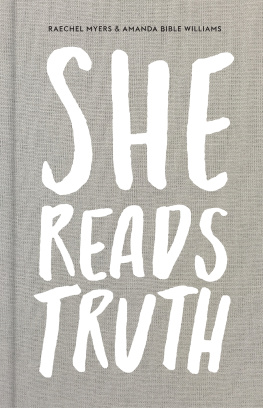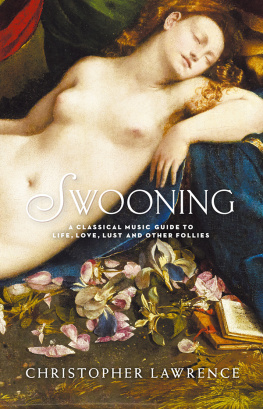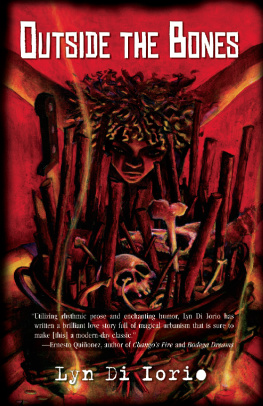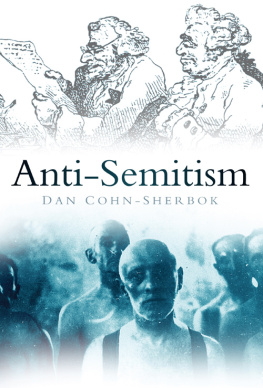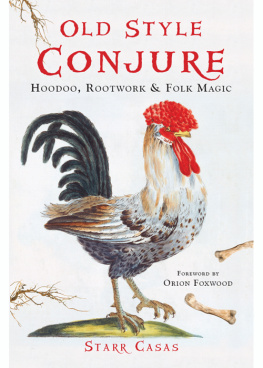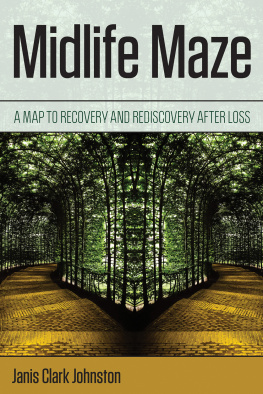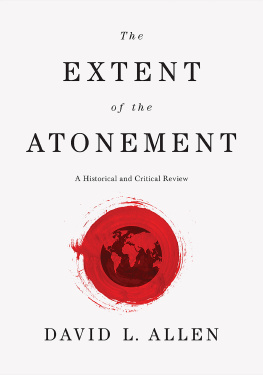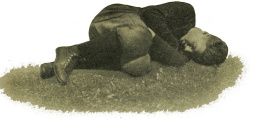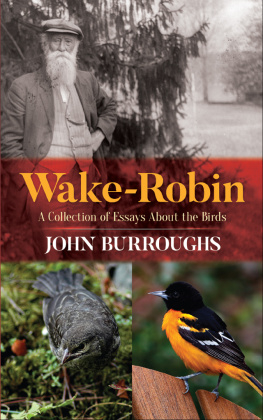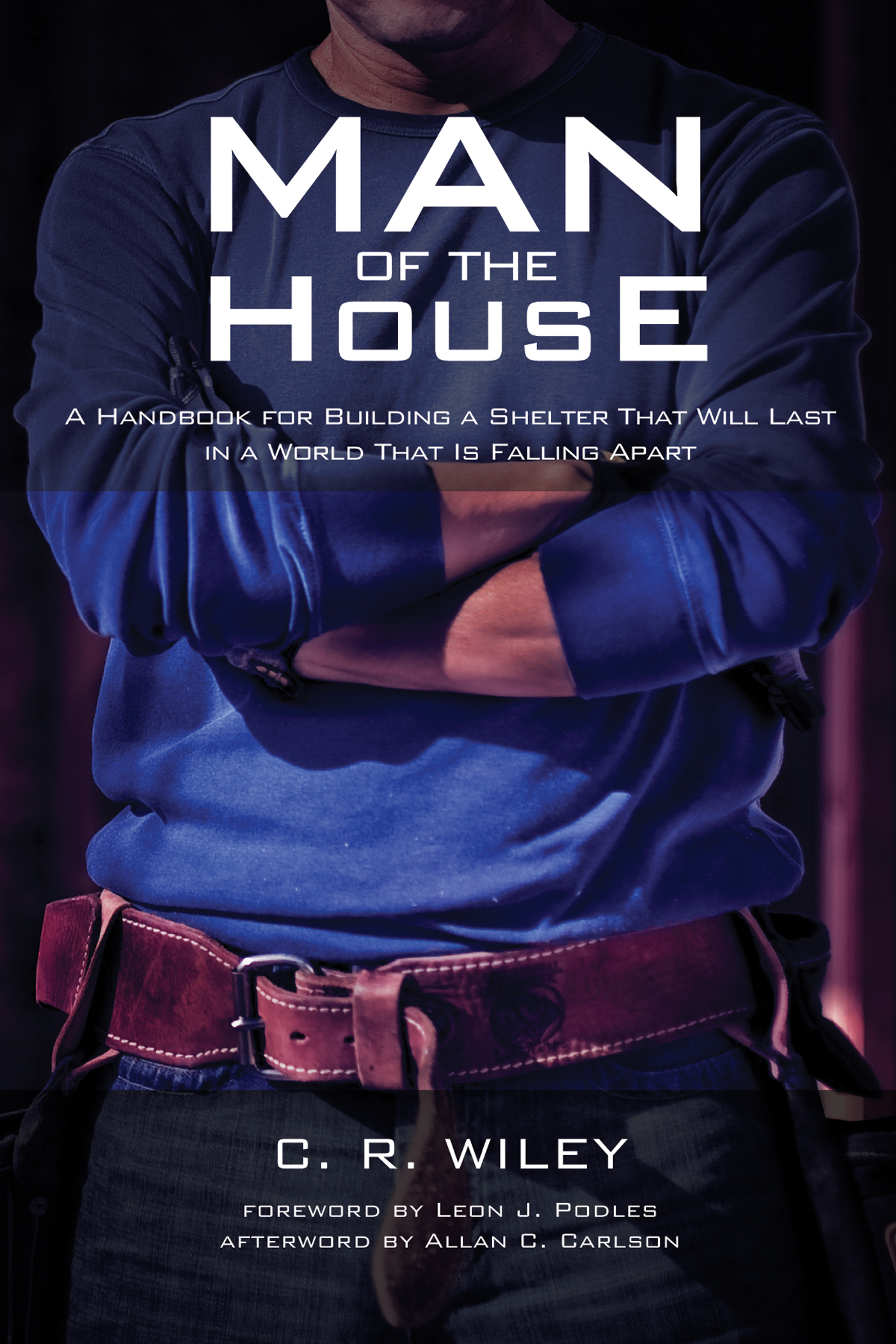A Handbook for Building a Shelter That Will Last in a World That Is Falling Apart
Copyright 2017 C. R. Wiley. All rights reserved. Except for brief quotations in critical publications or reviews, no part of this book may be reproduced in any manner without prior written permission from the publisher. Write: Permissions, Wipf and Stock Publishers, 199 W. 8th Ave., Suite 3, Eugene, OR 97401.
W. th Ave., Suite
Manufactured in the U.S.A.
Scripture quotations are from The Holy Bible, English Standard Version (ESV) Copyright 2001 by Crossway, a publishing ministry of Good News Publishers. All rights reserved. ESV Text Edition: 2016
Foreword
Leon J. Podles
W isdom ascends to the heavens, but it begins on the earth. Proverbs is full of sound advice from a father to a son, who warns, Folly is a joy to him who has no sense (Proverbs :), and folly is what we are taught by the gods of the marketplace. The sexual revolution promised carefree, pregnancy-free sex for everyone all the time. And now anyone can be a man or woman or anything in between; the body God created is irrelevant. Kipling warned, we were promised the Fuller Life (Which started by loving our neighbour and ended by loving his wife), Till our women had no more children and the men lost reason and faith, And the Gods of the Copybook Headings said: The Wages of Sin is Death.
Chris Wiley provides practical advice for a man to live up to his role as father. Even the Romans knew how important fatherhood was; the paterfamilias was the foundation of the Roman state. But with Abraham the revelation of the ultimate importance of fatherhood began, and at last Paul proclaimed the Father, from whom every family (patria) in heaven and earth is named (Ephesians : 1415 ). Without a father, there is no family.
The family is a revelation of Gods plan for mankind, and the only one who has a higher claim on our loyalty is God himself. Jesus was not devaluing the family, but implying his claim to divine honors: He who loves father or mother more than Me is not worthy of Me. And he who loves son or daughter more than Me is not worthy of Me (Matthew :). Our ultimate loyalty is to him, the incarnate God, but under him to the union of male and female that he established at the beginning and which he restored in its purity and integrity (Matthew :).
Paul repeatedly emphasizes the right order of the family, insisting that a well-ordered family is a model for the church: a bishop must manage his own household (oikos) well, keeping his children submissive and respectful in every way, for if a man does not know how to manage his own household, how can he care for Gods church ( Timothy :).
Wiley helps us see what is necessary to manage a household and its economy well, to provide and protect for a family and to ensure its stability generation after generation. Such households provide a space of freedom, the milieu in which a human and Christian life can be lived, a place of sanity and health in a world that seeks to detach individuals from all other connections and make them dependent on the state for everything, to make them denizens of the brave new world... When all men are paid for existing and no man must pay for his sins. But God is not mocked, and As surely as Water will wet us, as surely as Fire will burn, The Gods of the Copybook Headings with terror and slaughter return.
Leon J. Podles, father of six, is married to the former Mary Elizabeth Smith, who survived a year at Wellesley with Hillary Clinton. Podles survived Providence College and received his PhD from the University of Virginia in, of all things, Old English and Old Icelandic. He helped found Birthright Charlottesville, was a senior editor at Touchstone, is on the board of BishopAccountability.org and author of Sacrilege: Sexual Abuse in the Catholic Church. He wrote the pioneering The Church Impotent: The Feminization of Christianity and the forthcoming Losing the Better Part: Why Men Are Alienated from Christianity. He is a member of Mount Calvary Church in Baltimore.
Acknowledgements
Marcus Aurelius begins his Meditations with tributes to all the people who made him the man he was. As with persons, so with books; there are many people who played a part in the writing of this one.
First, Im grateful to my good wife and our three children for providing me with the occasion to write it. If they were not in my life, I dont think I would have given the theme of this book any thought.
There have been many people along the way who Ive spoken to about the topics in this book. Each conversation has shaped my thought. And even though I could never footnote their contributions, their voices are here along with mine.
But there have been some people who have played a more direct role in the writing of this book. Here is a partial list. I owe a debt to editors who have encouraged me along the way; there is John Zmirak, a man who read my early musings on this subject and who went out of his way to befriend me. He worked with me on an earlier version of it and he has been a great encouragement all along the way. Then there is Winston Elliot III, publisher of The Imaginative Conservative . He saw something worthwhile in my thinking on household political economy and actually published some of my early writing on the subject. Jim Kushiner, Leon Podles, and Allan C. Carlson of Touchstone provided both feedback and support. Besides these, my agent Keith Korman cheered me on during a period when the successful publication of this book was in doubt. John Willson retired professor of Hillsdale College was another cheerleader as well as a helpful critic. But when it comes to volume of time invested, my weekly conversation partners at the Inkling-like group that meets once a week here in Connecticut at a local pub are owed much beer. They have been subject to my rants, and my rough-drafts, for years. Now maybe I can move on and harangue them about something else for a change.
Introduction
How to Build a Survival Shelter
E xperts in the field tell us there are three things you must do in order to survive in the wilderness. They even give us some helpful deadlinesdead being more than a figure of speech here. And here they are, in ascending order of urgency: you have three weeks to get food, three days to find water, and three hours to make shelter.
The clock ticks fastest for shelter because of nightfall, predators, and changes in the weather. You get the point; there are a lot of ways to die of exposure. Death by starvation is just tedious; no surprise to it at all. Exposure, thoughthat comes with the thrill of the unknown about it.
Now, there are two ways to find yourself in the wilderness. The first is by coming to the end of civilization and just leaving it behind, either on purpose or by accidentas when you survive a plane crash in the south Pacific, or something like that. The other way is for civilization to just end.


